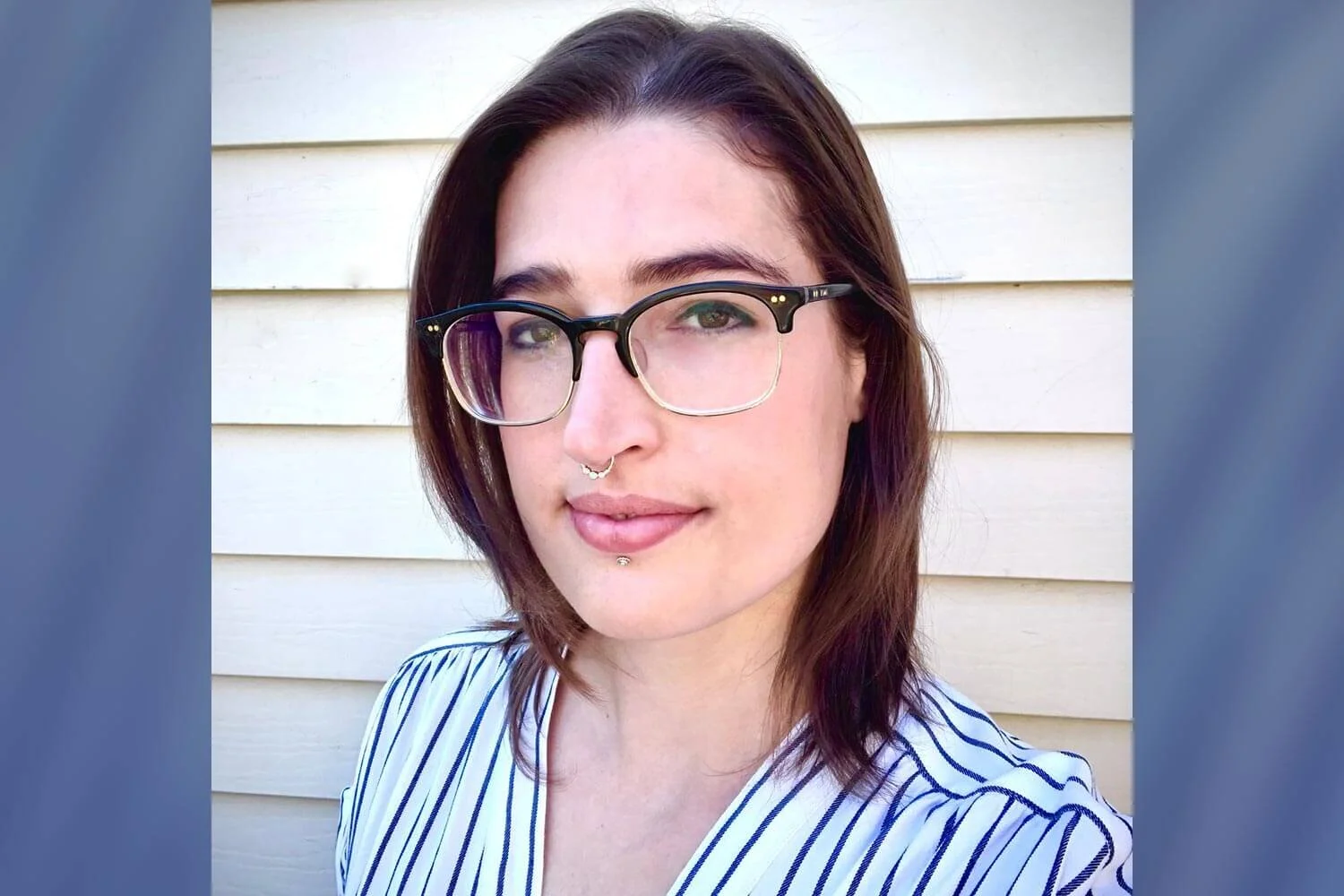Danya Lette
Computer Science Specialist
Victoria College
Why did you choose U of T for your undergrad?
I grew up in Toronto, so U of T was an obvious choice for me. I'm very lucky that the school in my backyard is also a top-notch research university!
What inspired you to study computer science?
I have a pretty eclectic background. I have a previous degree in philosophy — although I started that degree thinking I would surely become a physicist — and I've also consistently been involved in various art projects. I didn't consider myself a "computer person" at all, despite having done some programming for art projects. Over time, I learned more programming and eventually started working as a web developer. As I learned, I accumulated a lot more questions than answers. I also started to realize that many topics that had interested me in the past were, in fact, part of computer science. Going back to school to study computer science became an inevitability. Curiosity is a powerful motivator.
Who or what at U of T influenced your education the most?
I am very grateful for all the computer science faculty members who were able to convince me that you can learn how to learn, you can learn how to study, you can learn how to take tests, you can learn how to communicate effectively — soft skills are skills, not ingrained personality traits. These lessons carried me through my degree and gave me the confidence to take on a lot of really rewarding challenges.
How did you get involved at U of T outside of your coursework?
In my second year, I started volunteering as an editor at the Review of Undergraduate Computer Science (RUCS), a journal that publishes undergraduate research in computer science at U of T. I partly got involved in RUCS because I was interested in pursuing research, but I wasn't exactly sure how to do so. In my experience at RUCS, I realized that it wasn't just me — many of my peers were also interested but confused or demotivated. It was very hard to find out about research opportunities, get advice, and successfully navigate the bureaucracy. So, through RUCS, I started several initiatives to remedy some of these issues, including the Undergraduate Research Guide, the UGSRP Meet n Greet / NSERC info session, and the Research-a-Thon.
What U of T memory do you treasure the most?
One memory that stands out for me is watching a group of my classmates stand at a whiteboard together, laughing and shouting while trying to solve an unsolved problem in theoretical computer science. They were not bothered by the fact that it is unlikely for a group of undergrads to solve that problem. They were focused on the problem, sharing creative suggestions that drew on material they had learned in different courses and in different research areas. I like this memory because it shows how creative science and math can be, how much you can accomplish when you work together, and how much fun that process can be.
If you could go back and give yourself one piece of advice at the start of your undergraduate degree, what would it be?
I would just tell myself, "You can do it!"
Is there a lesson you learned as an undergraduate student that you’ll take with you moving forward?
Collaboration is both fun and an awesomely powerful tool.
What’s next for you?
In September, I'll be starting a master's in computer science at U of T with Professor Azadeh Farzan. I'll be doing research in programming languages, with a focus on automated formal verification and program synthesis.
This Q&A has been edited for clarity and length.


